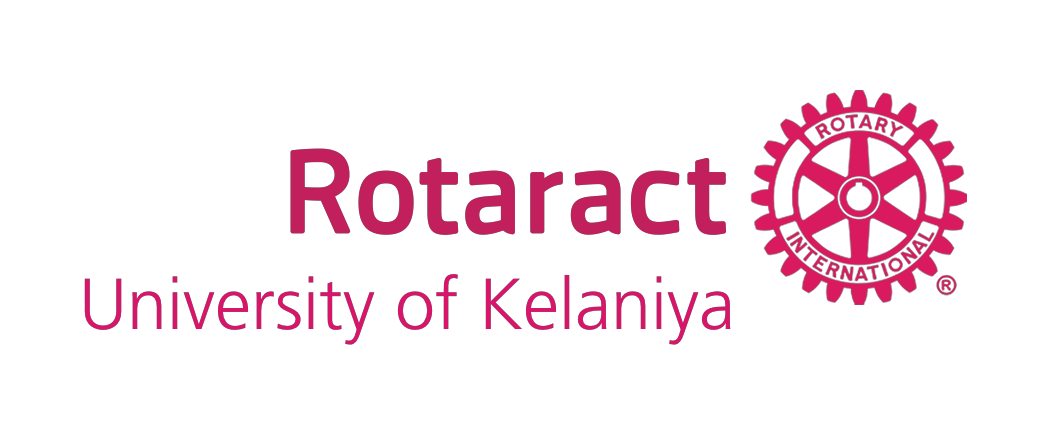Violence against women and girls continues to be one of the world’s most persistent human rights violations. Globally, an estimated 736 million women — nearly one in every three — have experienced physical and/or sexual intimate relationship abuse, non-partner sexual assault, or both at some point in their lives. This growing problem has reached across several spaces, including working environments and online platforms. It has been exacerbated by post-pandemic impacts, conflicts, and climate change.
The solution lies in strong responses, including investment in prevention. However, statistics on how much nations are committing to combating violence against women and girls remain disturbingly scarce. For example, just 5% of government aid is allocated towards combating violence against women and girls, and less than 0.2% is directed towards its prevention. Moreover, greater funding for women’s organisations is needed, as is better laws, prosecution of abusers, greater assistance for survivors, and training for law enforcement authorities.

The 2023 International Day for the Elimination of Violence Against Women will mark the commencement of the UNiTE campaign (November 25-December 10) – a 16-day activity drive culminating on International Human Rights Day (10 December).
This campaign promotes the prevention of violence against women and girls and encourages citizens to demonstrate their commitment to eliminating such violence.
Further, governments around the world propose to explain how they are investing in gender-based violence prevention.
While gender-based violence can occur anywhere and at any time, some women and girls are especially vulnerable, including young girls and older women, women who identify as lesbian, bisexual, transgender, or intersex, migrants and refugees, indigenous women and ethnic minorities, women and girls living with HIV and disabilities, and those living in humanitarian crises. Not only does violence against women have negative psychological, sexual, and reproductive health implications, but it also associates shame with females who have been assaulted when they are only the victims.

Violence against women remains a barrier to attaining equality, development, and peace, as well as the realisation of women’s and girls’ human rights. Overall, the promise of the Sustainable Development Goals (SDGs) – to leave no one behind – cannot be met until violence against women and girls is eliminated.
